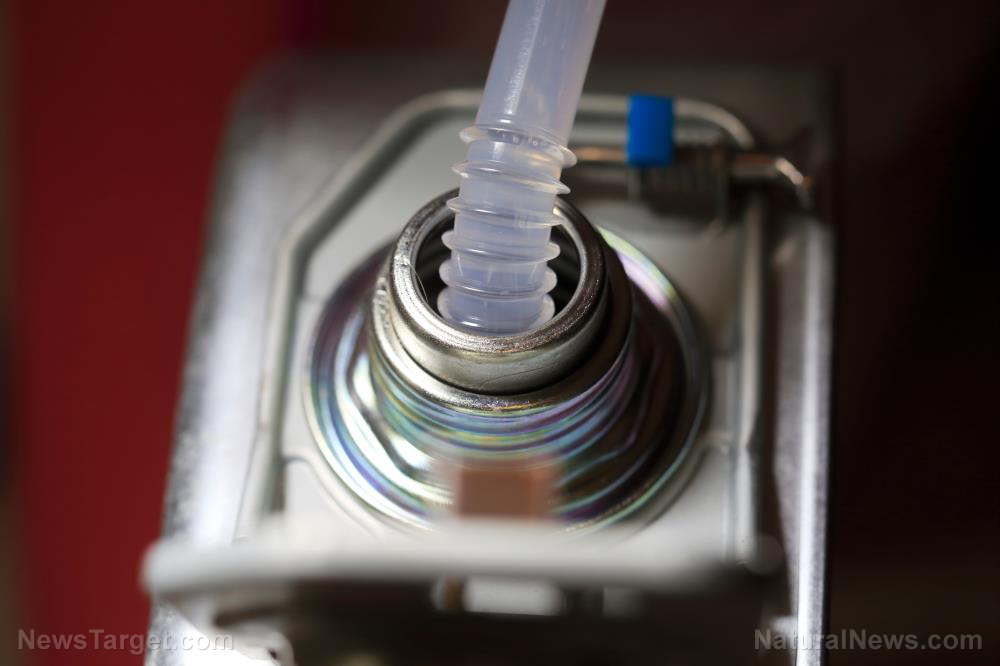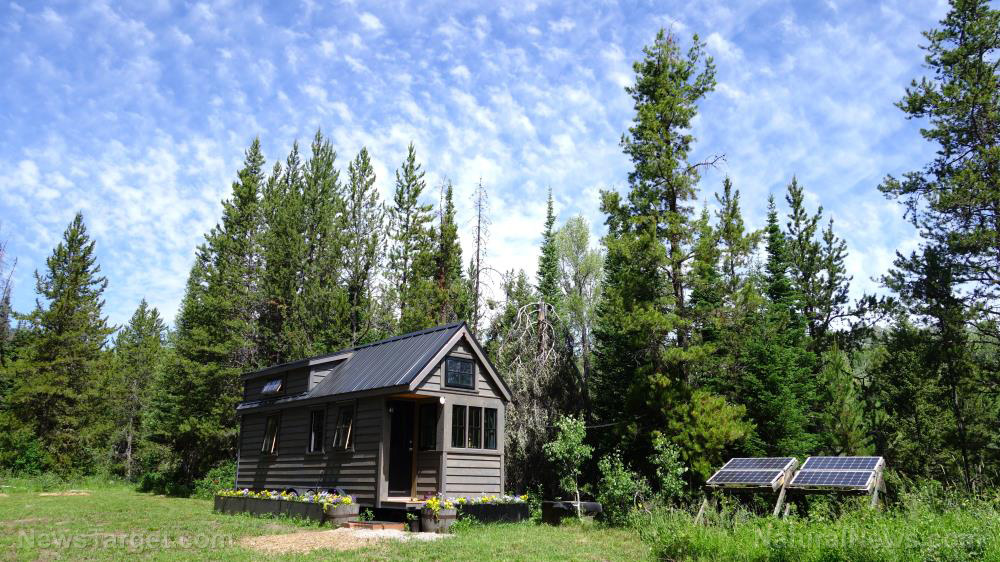
Power failure is a problem that needs to be addressed immediately. It may affect food supplies, heating, and other utilities crucial to survival. Whether it's a temporary power outage or a long-term one, it's important to have back-up heating fuel to address electricity needs. You just have to choose the right one for your home.
Among the different kinds of fuel, most preppers pick between the two most accessible and energy-efficient ones: kerosene and propane. (h/t to TheSurvivalistBlog.net)
When choosing fuel, consider these factors and ask these questions:
- Fuel efficiency -- Which fuel is more energy efficient?
- Cost of fuel -- Which one costs more? How much is the difference between the two?
- Fuel storage -- Is delivery available? How will you store the fuel?
- Safety and reliability -- Is your storage optimal for that kind of fuel? What safety measures do you have to install in case of an accident?
- Ease of use -- Do you have to refill the containers? How easy or difficult is it? Which fuel works best in your location and climate?
- Flexibility -- Which fuel can be used in a wider array of devices or materials?
With these questions in mind, read on below to find out the key advantages and disadvantages of using propane and kerosene. (Related: Alternative energy sources to consider when SHTF.)
Using propane as back-up fuel
Propane is also known as liquefied petroleum gas (LPG), and it is derived from petroleum. Propane can be condensed into a liquid state, which makes it easier for transportation. It is often labeled environment-friendly because the gas is extracted from natural sources. These include farm animal waste, trash dumps, and home-based methane reactors.
Disadvantages
- Depending on the area, it usually costs more than kerosene. If you live in a place where propane is the primary heating source, it can be cheaper.
- Propane is toxic. It can cause death through inhalation or ingestion.
- It easily burns. If there is a leak in the tank and it accumulates in a closed area, a strong spark may start a fire or worse, cause an explosion.
- Propane's main disadvantage is cold climates. If it's too cold, propane won't evaporate and can't be used.
- Based on the qualities listed above, propane needs extra care in storage.
Advantages
- Compared to kerosene, propane is more flexible. It can be used in a wide variety of utilities, including cooking, heating, and lighting.
- It is readily available in stores, and you can buy it in different amounts depending on your needs.
- Propane is a clean-burning fuel. This means that you don't need to frequently clean or maintain burning equipment.
- Propane's main advantage over kerosene is that it is more storage-friendly. It remains usable and potent even after many years. This also means saving more time and money because you won't need to restock often.
Using kerosene as back-up fuel
Kerosene is a clear flammable liquid and like propane, is also derived from petroleum. Manufacturers add red dye to kerosene, which is intended for home heating. To avoid the higher federal tax of undyed kerosene, which is meant for transportation, manufacturers opt to dye most kerosene red.
Disadvantages
- Kerosene emits dark smoke and has a distinctive odor that others may find unpleasant.
- Unlike propane, kerosene can only last up to five years.
- Contaminants like water vapor and bacteria may break kerosene down, making it less effective.
- If you try to use kerosene beyond its shelf life, it may damage your equipment.
- You can try to extend its shelf life using stabilizers, but it may not be as effective as expected.
Advantages
- Depending on the area, it can cost less than propane, but still contains twice as much energy.
- Kerosene is easier to store. Its containers are cheaper compared to propane's. This may change depending on your location.
Due to its longer shelf life and flexibility, most preppers prefer propane over kerosene. But t he availability, cost, and shelf life of fuels depend on your location. If you live in an area that gets cold, propane has a disadvantage. On the other hand, kerosene may work better when starting campfires and the like. Overall, choose the fuel which fits your needs best.
Learn more about other gear and supplies you'll need in case of power outages at Gear.news.
Sources include:
Please contact us for more information.




















